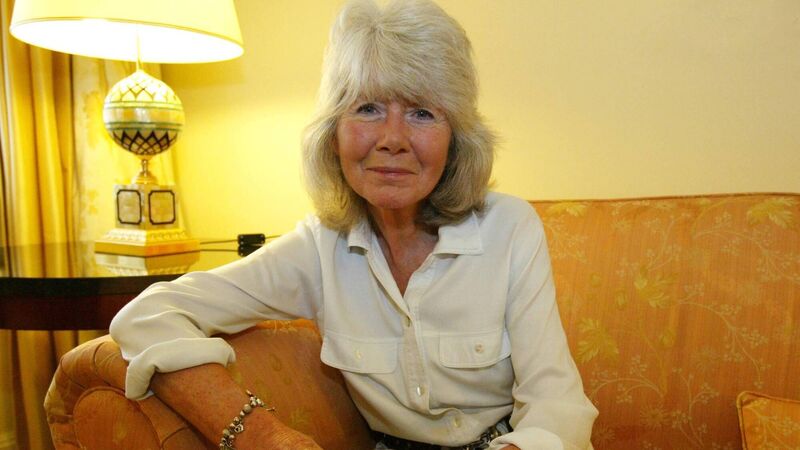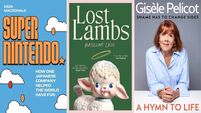Sue Leonard: Jilly Cooper charted the excesses of Thatcher's 1980s

Jilly Cooper was ahead of her time in her witty weekly columns. File picture: Billy Higgins
News of writer Jilly Cooper’s sudden death after a fall earlier this week came as a terrible shock. At 88, still effervescent, she’d had a pretty good year.
2024 saw her made a Dame of the British Empire, as well as the release of the hugely successful adaptation of her second bonkbuster, , on Disney Plus. And it was only a year before that – in November 2023 — that her 11th and final bonkbuster, , was released. Her work ethic remained astonishing.
BOOKS & MORE
Check out our Books Hub where you will find the latest news, reviews, features, opinions and analysis on all things books from the Irish Examiner's team of specialist writers, columnists and contributors.
















